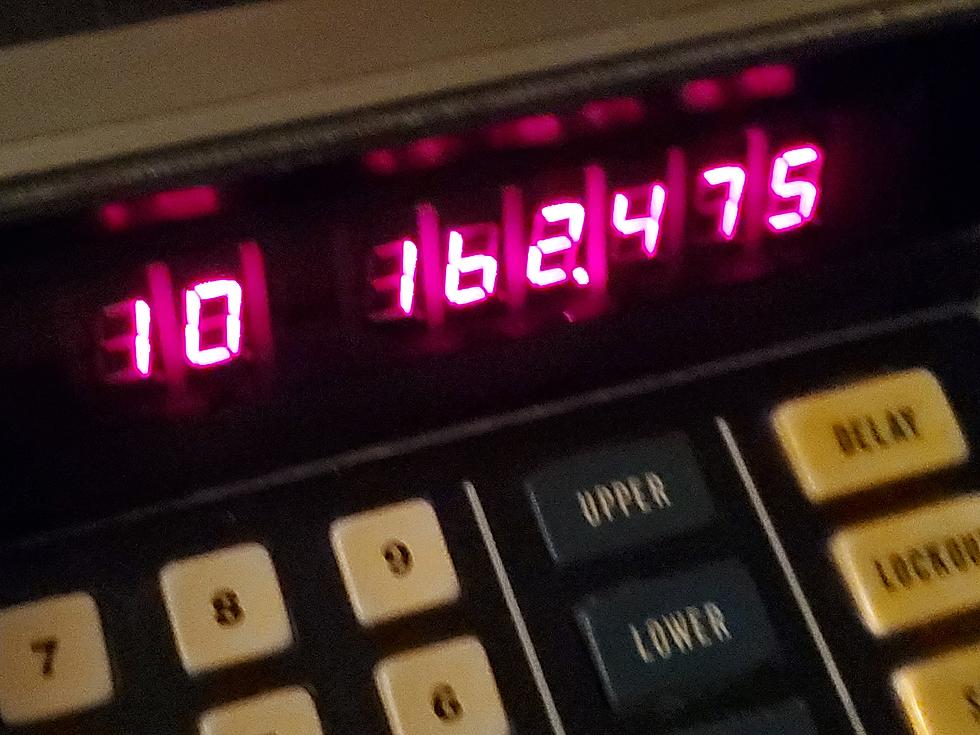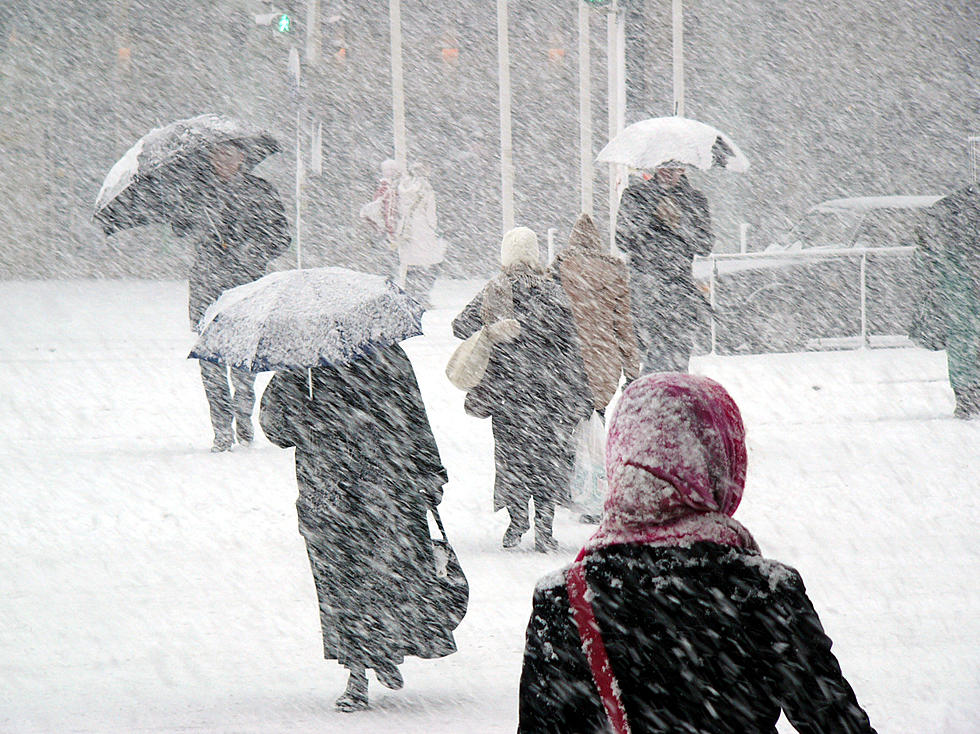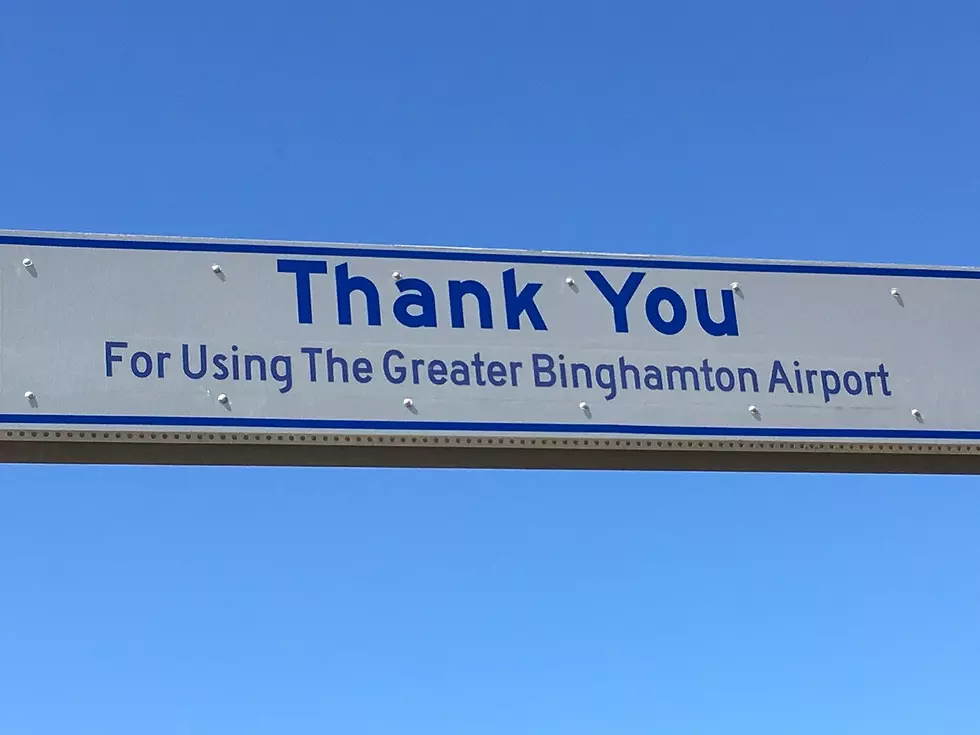
Cold Comfort: Repair Work Set for Binghamton Weather Radio
The radio station that provides weather information and emergency alerts in the Binghamton region has been operating at reduced power for months.
Repairs on the National Weather Service antenna on Ingraham Hill in the town of Binghamton are expected to start soon.
Ronald Quillen, an electronics system analyst for the weather service office at the Greater Binghamton Airport, said the station's transmission problems were discovered in late December.
NOAA Weather Radio station WXL38 operates at 162.475 MHz. While many people in the region are able to receive the station, some in outlying areas are unable to pick it up.
Weather radio warnings are particularly important to people who live in rural areas who may be outside the coverage areas of over-the-air TV and radio stations.
Quillen said a rigging crew is expected to begin work next week to get the station back to normal power.
People who are unable to receive the Binghamton-based NOAA Weather Radio may be able to tune to these other nearby frequencies to obtain information:
Norwich (KHC49) - frequency 162.525
Elmira (WXM31) - frequency 162.400
Ithaca (WXN59) - frequency 162.500
Towanda (WXM95) - frequency 162.525

Contact WNBF News reporter Bob Joseph: bob@wnbf.com.
For breaking news and updates on developing stories, follow @BinghamtonNow on Twitter.
LOOK: The most expensive weather and climate disasters in recent decades
KEEP READING: Get answers to 51 of the most frequently asked weather questions...
TIPS: Here's how you can prepare for power outages
TIPS: Here's how you can prepare for power outages
More From 99.1 The Whale









